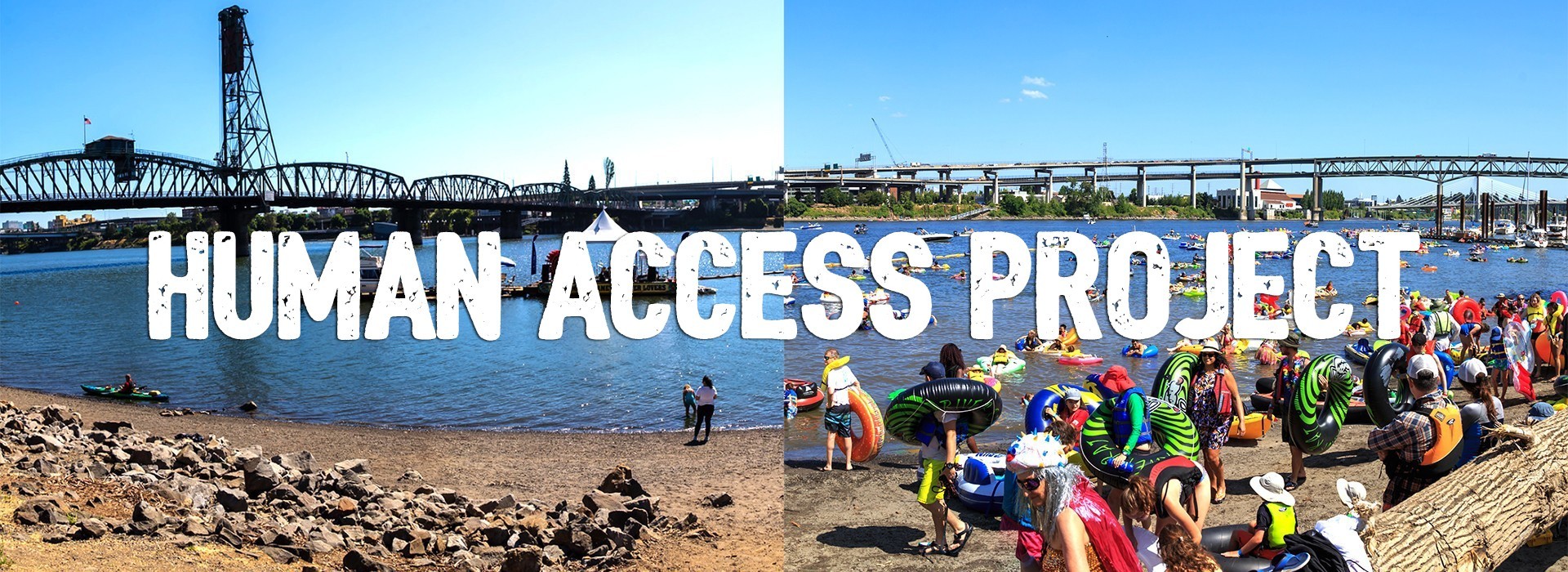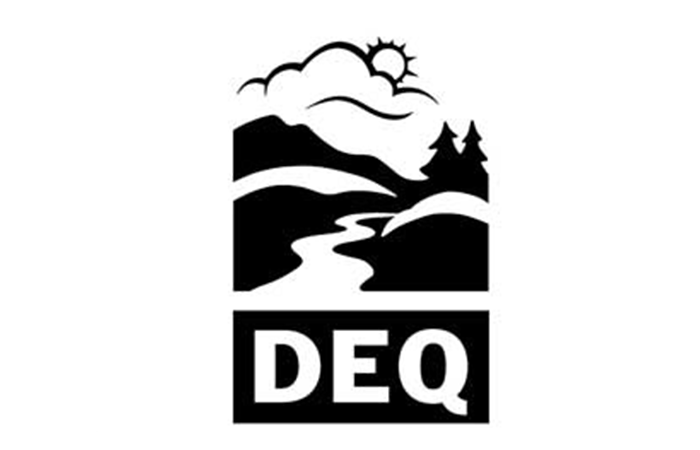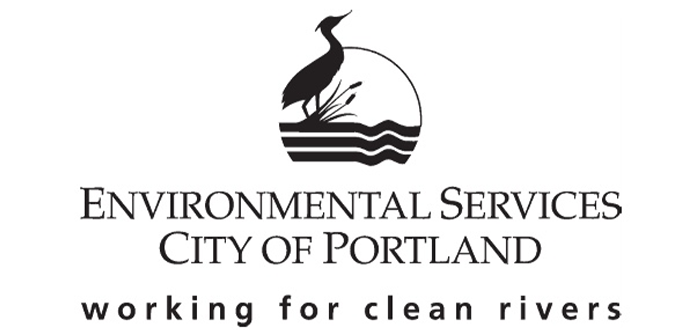

Water Quality
Can you swim in the Willamette?
SCIENCE SAYS IT’S SAFE
It’s a fact. The Willamette River in downtown Portland is safe for recreation, except in the now rare instances when Combined Sewer Overflow (CSO) conditions are present. If you think otherwise, you are simply a science denier.
Here’s what state officials and health experts say:
From the State of Oregon website: Yes, it’s safe to swim in the Willamette most times of the year. DEQ and the city of Portland regularly monitor bacteria levels in the river. Data collected since 2012 show that bacteria are almost always at healthy levels in Portland. It wasn’t always this way. In November 2011, Portland completed a 20-year combined sewer overflow (CSO) control program that greatly reduced untreated waste to the Willamette River.

Oregon DEQ states: When CSO conditions are not present, “the Willamette River is safe for swimming and other recreational uses.”

Oregon Health Authority states: The levels of chemical contamination in the Willamette River water are too low to be considered harmful to the health of the public, even for sensitive groups like children and pregnant and nursing women.

Portland’s Bureau of Environmental Services tests water quality in the Willamette River at several locations during the summer. From its website: Thanks to ratepayers’ investment in the $1.4 billion Big Pipe project – the largest public works project in Portland history that was completed in 2011 – almost all combined sewer overflows (CSOs) to the Willamette River have been eliminated. With that drop in sewage exposure comes a drop in E. coli bacteria – an indicator of fecal matter and the single biggest health concern for swimming and other direct-contact recreation, according to the state Department of Environmental Quality.
Find water testing result for the Willamette River here.
Find water testing result for the Willamette River here.

The USGS provides up-to-date info and graphs on a variety of river conditions such as river temperature, discharge, turbidity and more. For those who want to dive deeper into water quality!
For those who want to dive deeper into water quality!
For those who want to dive deeper into water quality!




